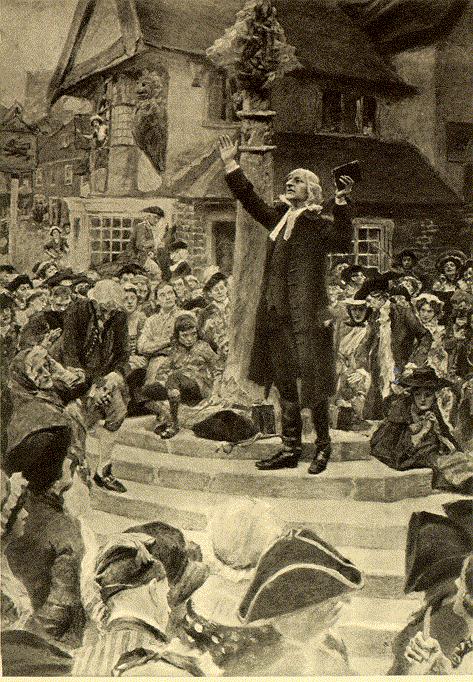
Every now and again, someone posts something in the comments of the C&C Blog that really challenges me and makes me think through what I believe about worship. Last week, we had an interesting discussion about the song "If We Are the Body" and whether it was guilt-inducing or challenging. This week, someone requested that we occasionally preach about the teachings of Jesus rather than preaching about what Jesus did or what others have said about Jesus.
What I've discovered is there is most "churched" folks speak about the Bible in code. It isn't coded to confuse us--rather it is a code they learned in the particular churches that formed them. For instance, when someone says they want more biblical preaching, they generally mean they want more preaching that tells them what to do and not do. In other words, they generally want a lot of preaching on issues related to personal holiness, such as sexual morality. When people say they want to hear more about Jesus' teaching, then they generally want to hear about loving your neighbor, caring for others and such. Sometimes this is meant as matter of social holiness (being nice to others) but often this is code for talking more about social holiness, such as war and poverty.
Strong biblical teaching and preaching should speak to both.
However, there are lots of places that we can find good strong teachings related to ethics. What is unique about Scripture is not its teachings on morality--as wonderful as those are--but in what it claims about Jesus and about the Kingdom we are called to be a part of. And this is something that is so counter-cultural to us that it is jarring.
The truth is that I have received more complaints when we actually do what Jesus says than at any other time. For instance after 9/11, I prayed for Bin Ladin ("But I say to you, Love your enemies and pray for those who persecute you."). Didn't go over well . . . I was told that it was fine and good to pray in general for enemies, but please whatever you do--don't name them and especially not that one!
A couple of weeks ago, the Bishop spoke to a laity event about the importance of Scripture in our tradition and his words are resonating on my heart as I think about what it means to be faithful to Scripture in teaching and preaching.
Though a few confused United Methodists may have been “literalists,” or “fundamentalists” in their reading of Scripture, we have never officially been so limited. We have too much respect for our dependence upon the Holy Spirit in our scriptural interpretation, and a healthy acknowledgement of the distance between Scripture’s originating context and our own situations, as well as a too vivid sense of the reality of a living, resurrected and revealing Lord. We have found that the Bible’s word is enlivened through scholarly study rather than muted and that the word the Bible speaks is always multivocal, thick, lively, relevant and rich. The Bible intends to be more for us than just a book of rules, a repository of helpful principles for better living. Attempts to use the Bible like that are bound to be frustrated by the nature of the Bible’s way with the truth. Scripture is an attempt to construct a new world, to stoke, fund and fuel our imaginations. The Bible is an ongoing debate about what is real and who is in charge and where we’re all headed. So the person who emerged from church one Sunday (after one of my most biblical sermons, too!), muttering, “That’s the trouble with you preachers. You just never speak to anything that relates to my world,” makes a good point.
To which the Bible replies, “How on earth did you get the idea that I want to speak to your world? I want to rock, remake, deconstruct and rework your world!”
Bishop William Willimon
So how popular do you think it would be to preach in a manner that rocks, remakes, deconstructs, and reworks your world?
Come to think of it . . . I think it got Jesus killed.
1 comment:
I think the bishop is mistaken to believe that fundamentalists are "confused" and "limited."
Post a Comment